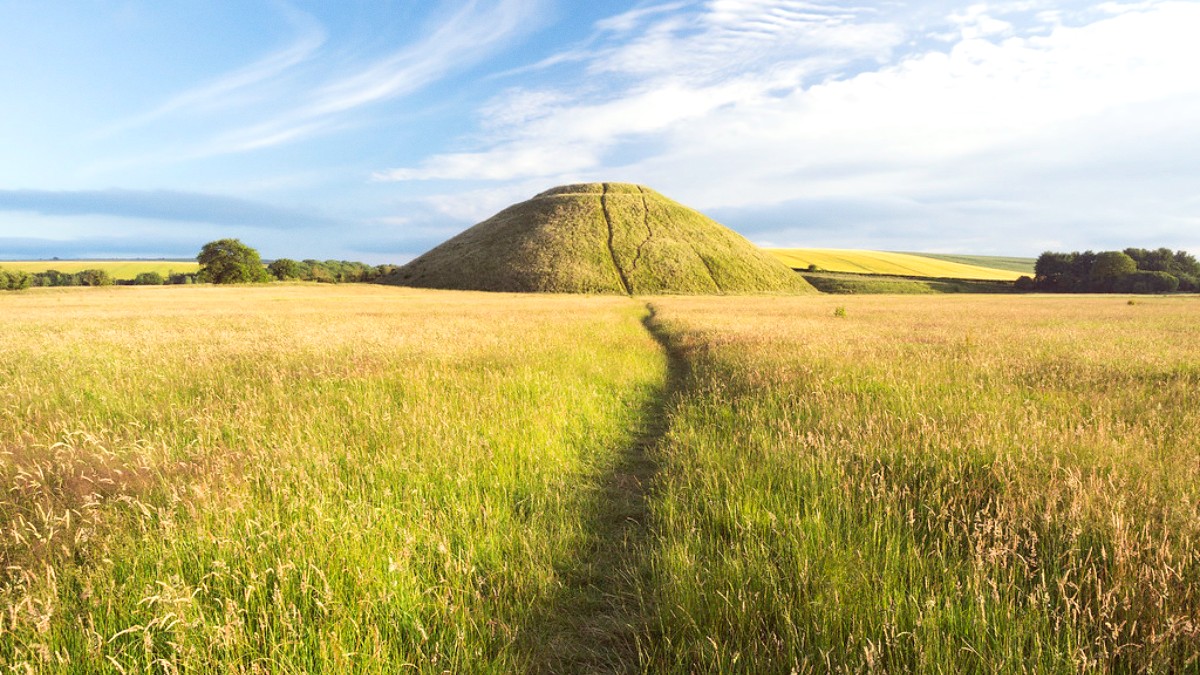
Southwest England, England
The UK's main mobile network operators (EE, Vodafone, O2, and Three) supply pay-as-you-go (PAYG) SIM cards with various data, call, and text packages.
Wi-Fi is widely present in hotels, B&Bs, cafes, pubs, and some public spaces. Many establishments present free Wi-Fi for customers.
Royal Mail operates as the national postal service. Post offices are present in most towns and larger villages.
English is the official language. Regional accents exist, but standard English is widely understood.
Wiltshire provides dependable communication infrastructure. Utilize mobile services or Wi-Fi for your travel needs.
Generally 9:00 AM - 5:30 PM (Mon-Sat), with some larger shops open later and on Sundays (10:00 AM - 4:00 PM).
Typically 11:00 AM - 11:00 PM (Mon-Sat), and 12:00 PM - 10:30 PM (Sun). Hours may vary by specific license.
Lunch service usually 12:00 PM - 2:30 PM, dinner 5:30 PM - 9:30 PM or 10:00 PM. Many close between services.
ATMs are widely present outside banks, in supermarkets, and at petrol stations. Most are free to use. Some independent ones might charge a fee, clearly displayed.
Bank Holidays typically create a long weekend, falling on a Monday. Most shops, banks, and businesses might have reduced hours or be closed.
Awareness of operating hours and holiday schedules aids in a smooth and enjoyable Wiltshire visit.
British culture values politeness and a certain reserved demeanor.
Informal greetings like "Hello" or "Hi" are common. Handshakes accompany first introductions.
Dress is generally casual. Smart casual suits most restaurants and attractions.
Form an orderly queue, whether at a bus stop, shop, or bar. "Queue jumping" is not accepted. Generally, use your knife in your right hand and fork in your left. Avoid speaking with a full mouth.
Photography is generally permissible in public spaces. Seek permission before photographing individuals, notably children.
Thoughtful interactions enrich your travel experience. Respect local customs, traditions, and sensitive topics.
Wiltshire continually strives to improve accessibility for all visitors, although historic areas can present challenges.
Pavements are generally well-maintained in towns. Historic areas, like Salisbury Cathedral Close, feature uneven, cobbled streets that can present issues.
Stonehenge's Visitor Centre and shuttle are accessible; paths around the stones are generally firm. Salisbury Cathedral is largely accessible, though tower tours involve stairs.
Guide dogs are welcome in most public places, including shops, restaurants, and attractions. Many major attractions offer audio guides.
Online guides like DisabledGo / AccessAble feature detailed accessibility information for various venues. National Trust / English Heritage websites supply property-specific details.
Wiltshire welcomes all travelers. Planning ahead with available resources facilitates a more comfortable journey.